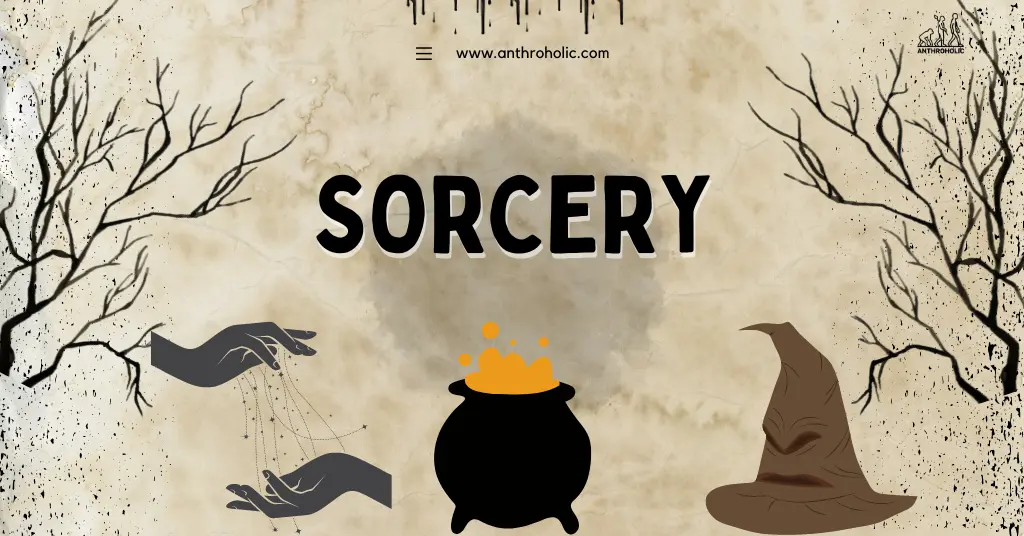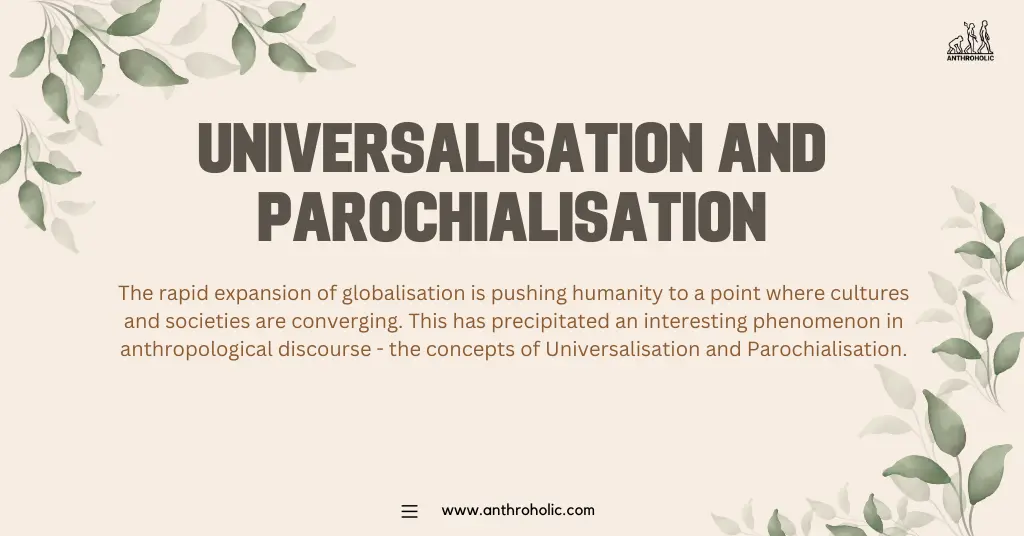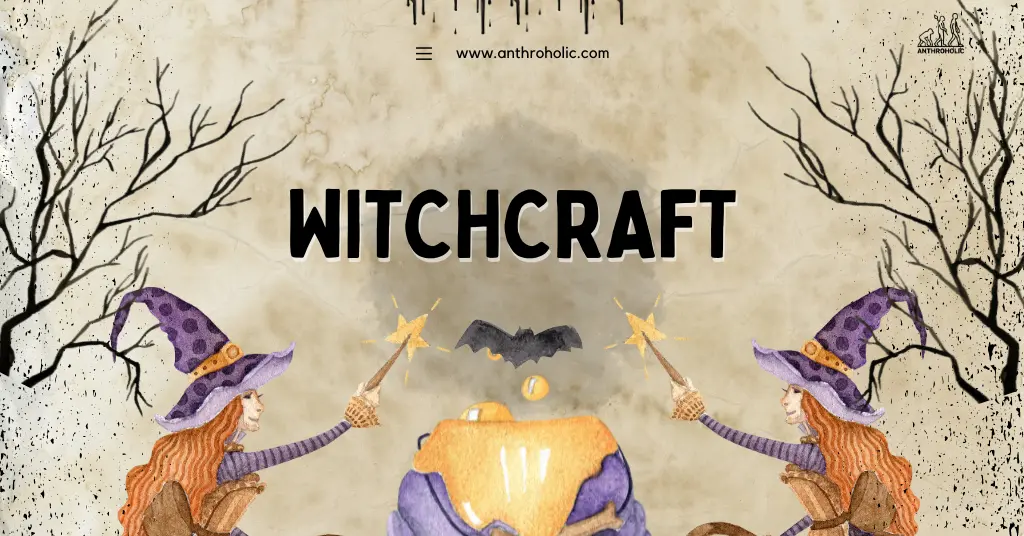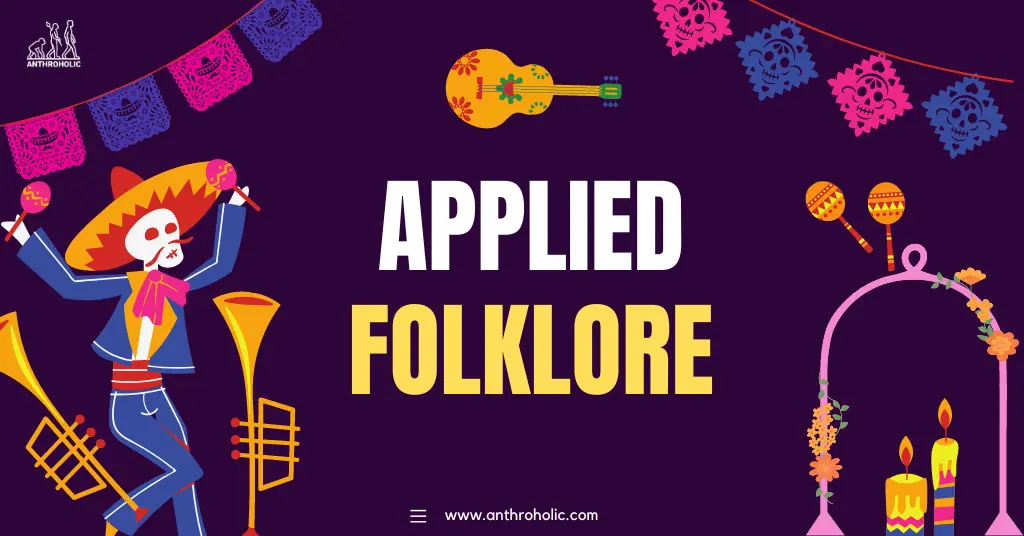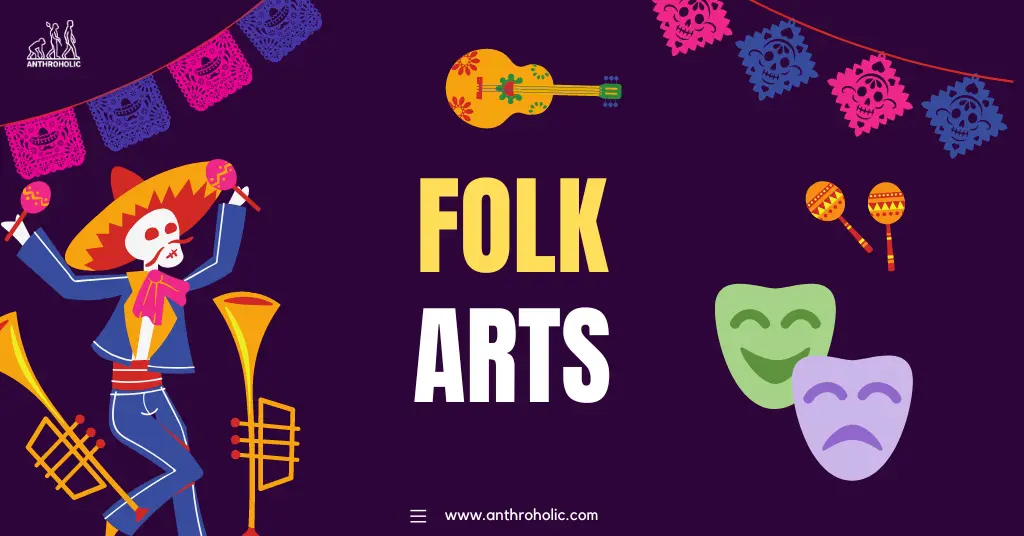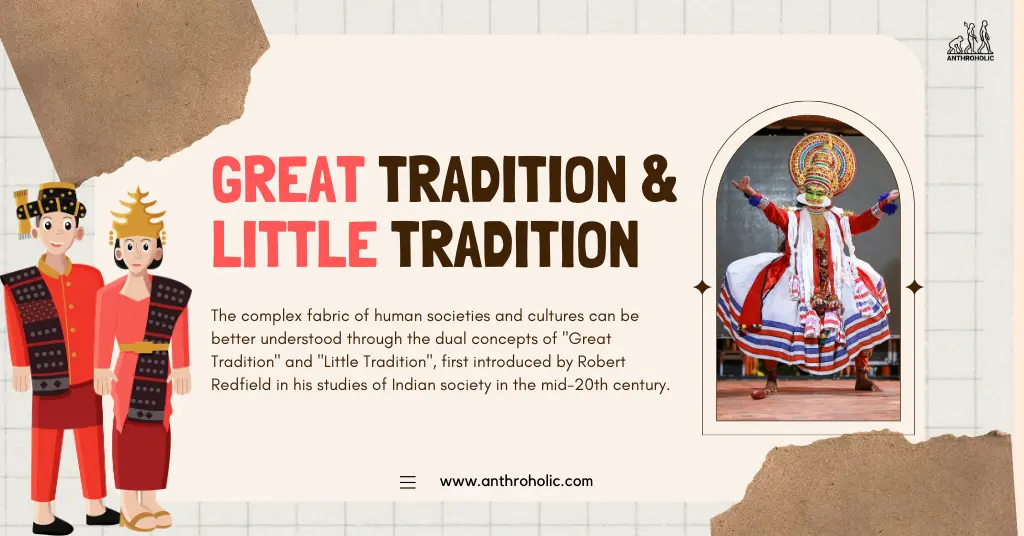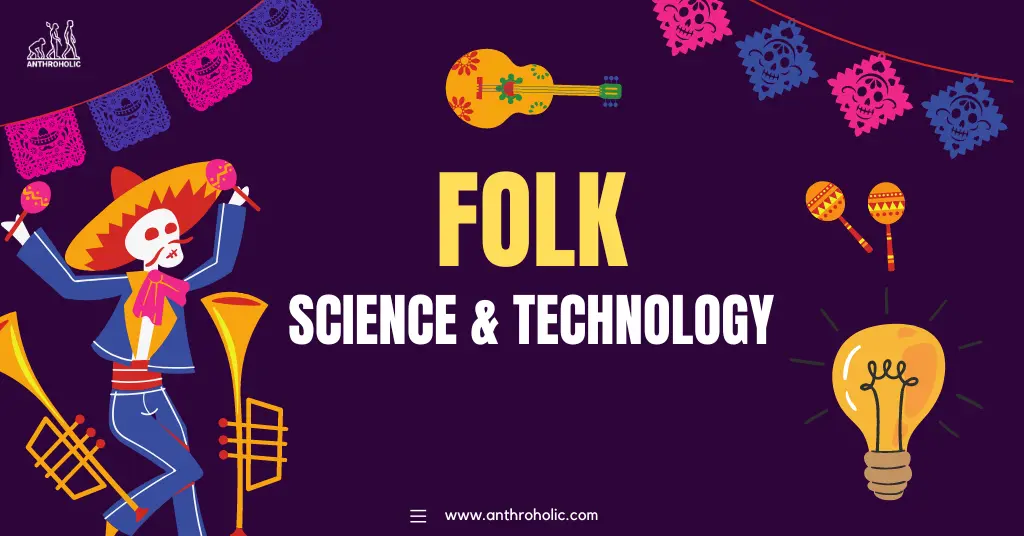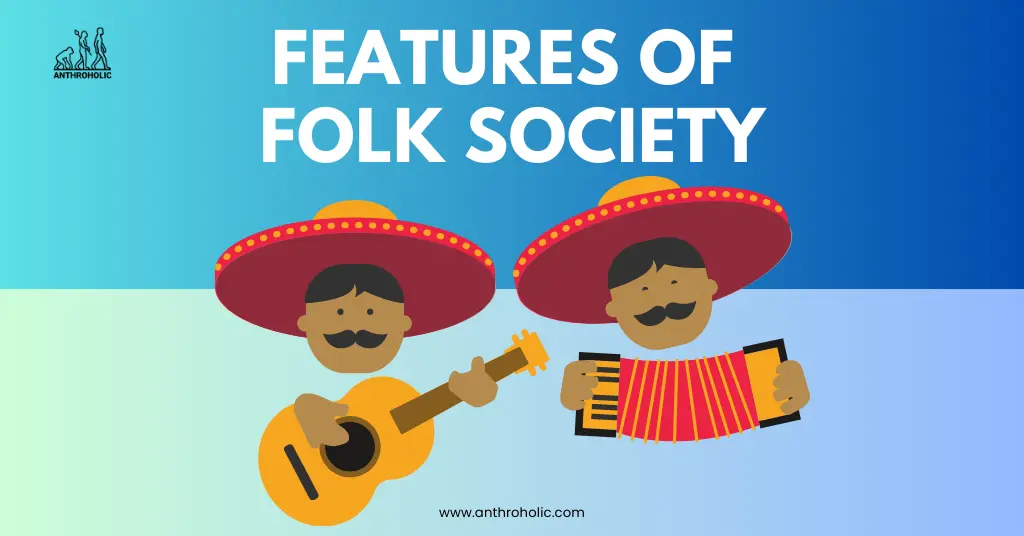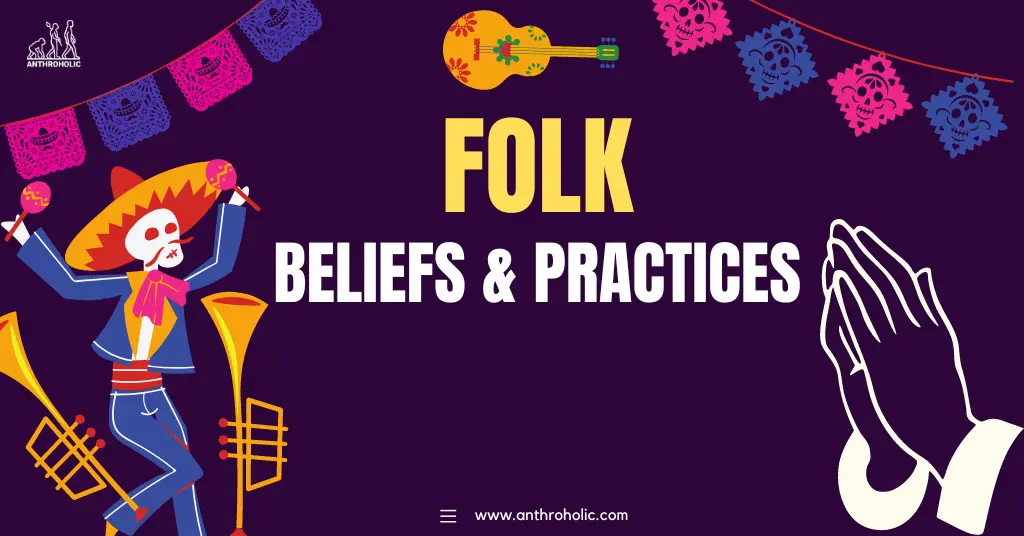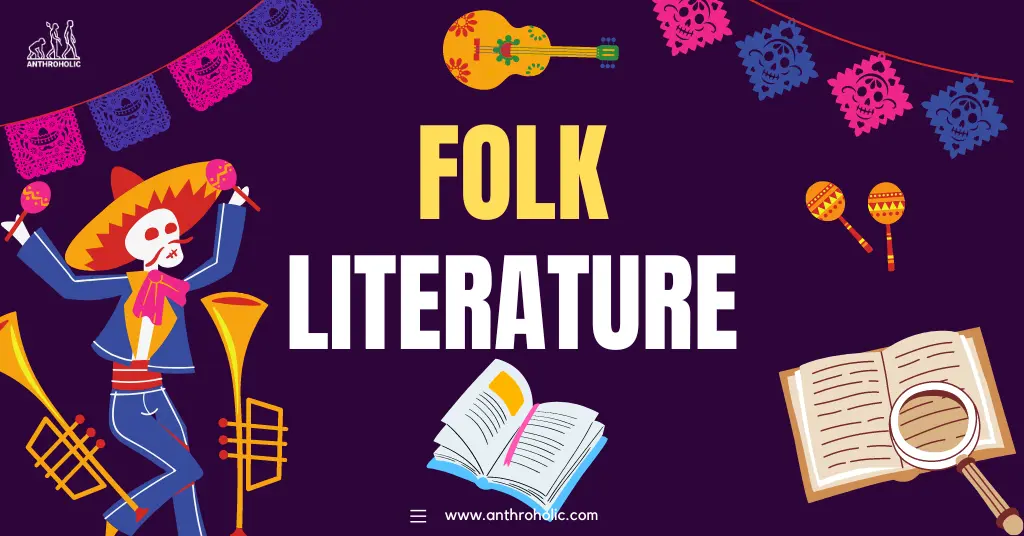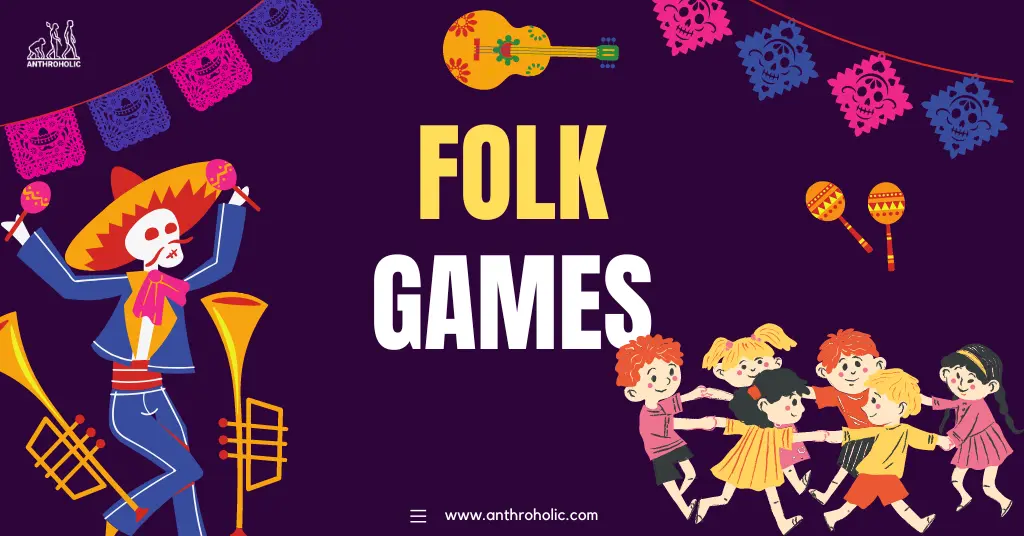AI Answer Evaluation Platform Live Now. Try Free Answer Evaluation Now
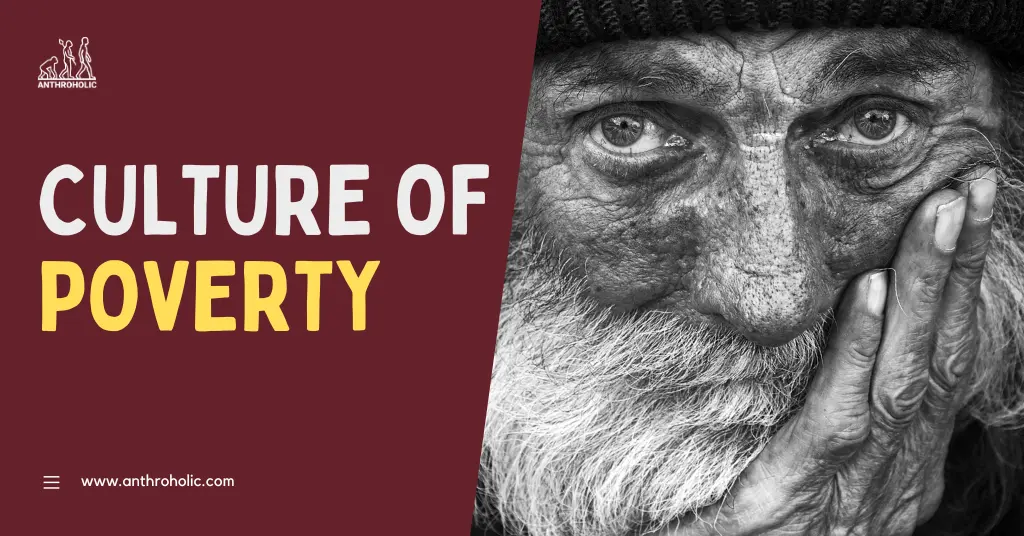
Culture of Poverty
The culture of poverty theory, first postulated by Oscar Lewis in the 1960s, proposes that poverty is not solely an economic issue, but also a cultural one. According to this theory, the poor are not simply victims of economic circumstances but also maintain a set of values, beliefs, and behaviors that perpetuate their impoverished condition.
